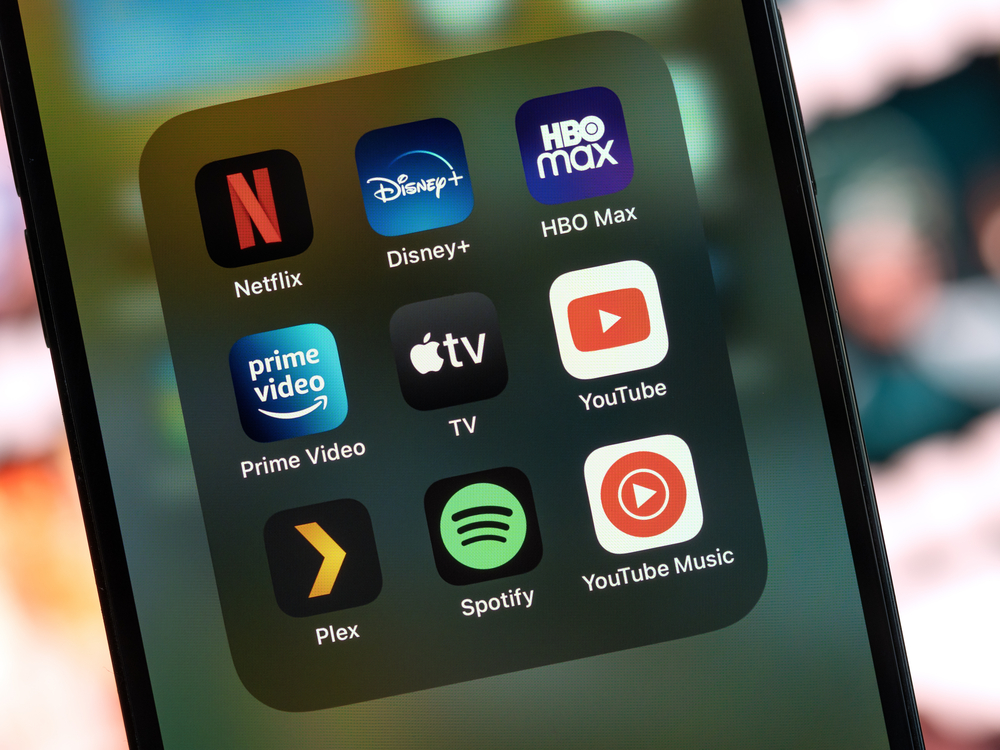Soon, there might be an additional fee on streaming services, such as Netflix and Spotify, and all the other services that need a lot of internet traffic.
However, the Dutch cabinet opposes a plan from the European Commission to allow telecom companies to impose such a toll when it comes to streaming your favourite movies and music through their services, the NOS reports.
At the same time, the European Commission has recently consulted on the possibility of approving the levy.
“Are you still watching?”
Because of the new toll, people would need to pay more; therefore, there would be fewer people streaming from their cellular data.
According to Micky Adriaansens, Minister of Economic Affairs and Climate Policy, this levy would be largely passed on to subscribers and viewers.

As a result, they will pay more, while already spending money on telecom companies for access to the internet and other services. This gives telecom providers double payment”, says Adriaansens to NOS.
Net neutrality
Such an internet toll collection “does not directly lead to additional investments in the construction or quality of digital infrastructure,” according to a study commissioned by the Dutch Ministry of Economic Affairs.
The best telecom networks in the world are already found in the Netherlands, according to RTL Nieuws.
Additionally, telecom companies are not allowed to block, slow down, or charge differently for different types of internet traffic under the European Union’s “net neutrality” regulations. No distinction is made between the different types of internet traffic under net neutrality.
READ MORE: 4 things to know about sim-only phone subscriptions in the Netherlands
Service providers are also prohibited from doing things like blocking or needlessly limiting internet traffic.
All things considered, Adriaansens declared, “This is not the proper way to realise European digitization ambitions.”
What do you think of the idea of the new toll? Tell us in the comments!




Double charging is a time-honoured tradition with telecoms. The problem is that none of them can REALLY give you what you pay for. They advertise X amount of speed and usage at a great price because it gets you to sign up. But they don’t have the ability to allow everyone who signs up to USE that speed and usage. They’re counting on most people NOT using it most of the time. If everyone starts to use the service they’re paying for at the same time, things break. Instead of advertising realistic limitations, the companies penalise customers for actually using the service they’re paying for. It’s deceptive, but so commonplace, no one seems to notice.